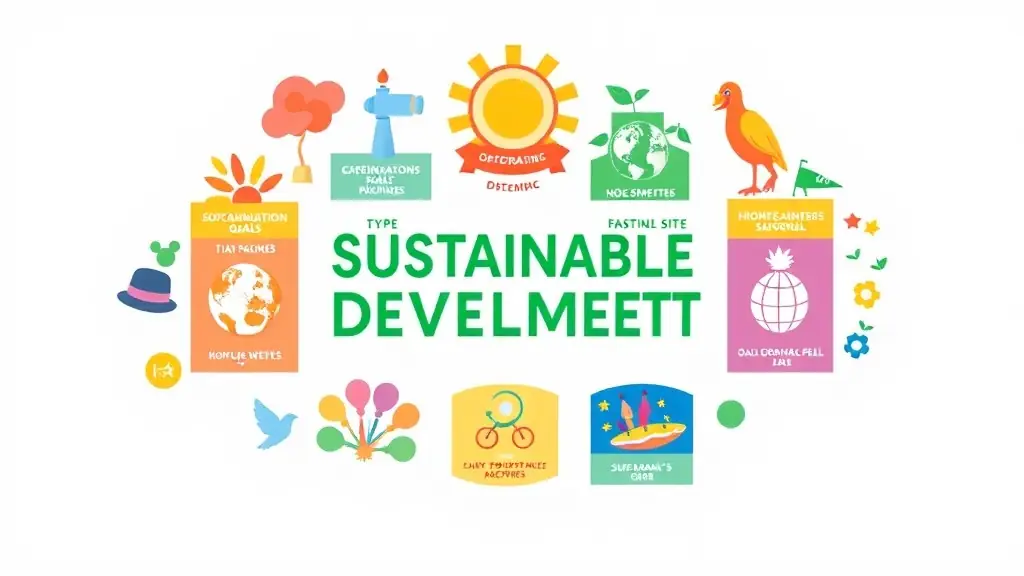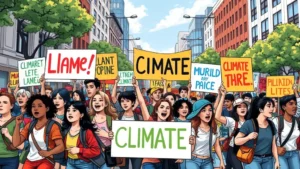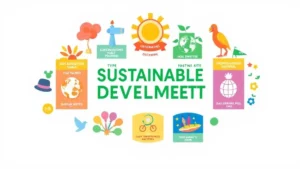The Sustainable Development Goals (SDGs) are a universal call to action to end poverty, protect the planet, and ensure prosperity for all. Adopted by all United Nations Member States in 2015, the SDGs consist of 17 goals that address various global challenges. This article delves into the significance of the SDGs and how they guide sustainable development efforts worldwide. Understanding the interconnectedness of these goals is crucial for effective implementation.
Each SDG is designed to be inclusive and leave no one behind. This means that efforts to achieve these goals must consider the needs of marginalized and vulnerable populations. By prioritizing equity and social justice, we can create a more sustainable and just world. This article discusses strategies for integrating the SDGs into local and national policies.
Moreover, the SDGs provide a framework for measuring progress and accountability. By setting clear targets and indicators, governments and organizations can track their contributions to sustainable development. This article concludes by highlighting the importance of collaboration and partnerships in achieving the SDGs.




